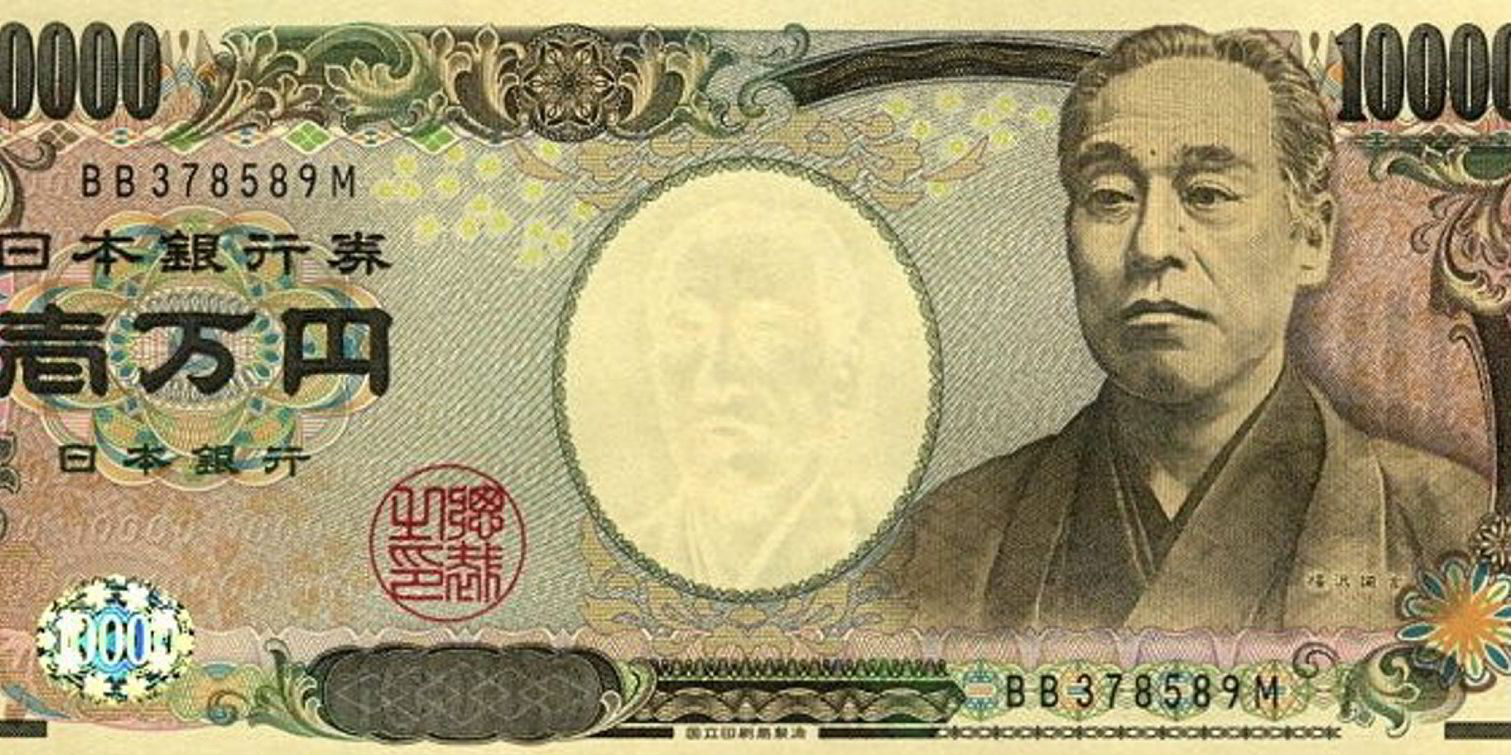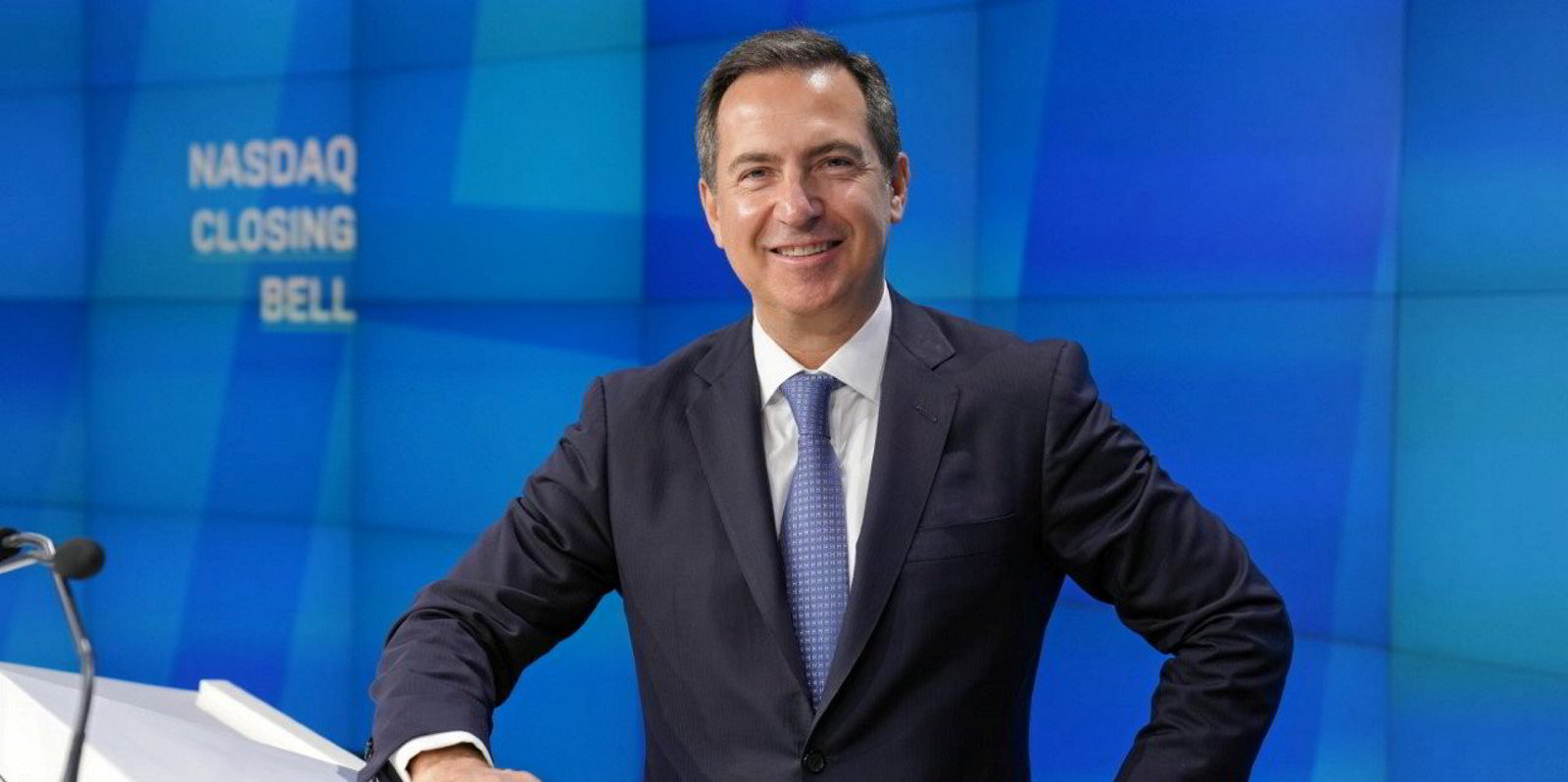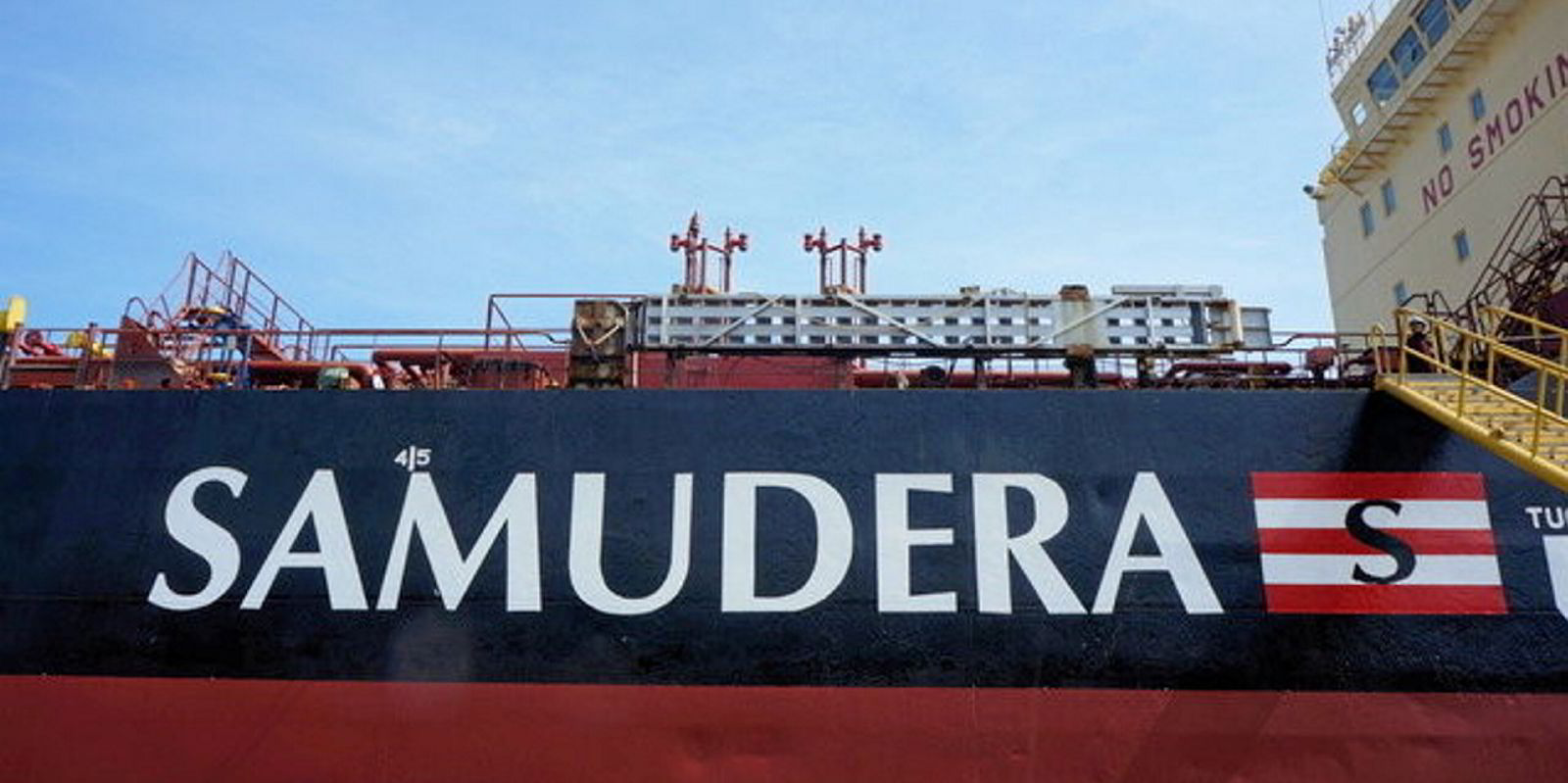The hot market for dry bulk sale-and-leaseback deals involving Japanese buyers appears to be running out of steam after a slump in deals this year.
In May, Seanergy Maritime chose unnamed Japanese owners for the sale and leaseback of two capesize bulk carriers, the 179,000-dwt Knightship and Lordship (both built 2010).
The refinancing terms for the scrubber-fitted ships differ, but they both include a fixed bareboat charter back period of around five years and purchase options.
The deal appears to be typical of Japanese refinancing terms, and Seanergy said it provided a “flexible financing structure” while also “reducing our financing costs”.
But there has been a noticeable decline in this type of refinancing in the first six months of this year, compared with the second half of 2022.
It is not only happening with bareboat charter deals: overall Japanese investment in the secondhand market has fallen significantly over the past few months.
According to VesselsValue, Japanese owners were the named buyers in 25 sale-and-purchase deals in the first five months of the year, compared to 50 in the last five months of 2022.
The fall marks a turnaround, as sale-and-leaseback deals have been a popular refinancing option over the past two years, attracting a lot of business from Greek dry bulk owners.
There has been plenty of Japanese liquidity in the market from owners and regional banks looking for investment opportunities at a time when the newbuilding market has looked overpriced.
In the second half of 2022, similar sale-and-leaseback deals were struck for more than a dozen dry bulk vessels.
The standout deal in the period was the sale and bareboat charter agreement struck between Japan’s Doun Kisen and Asia Maritime Pacific for five handsize bulkers in November.
At the time, Japanese sale-and-leaseback terms presented an attractive refinancing option for bulker owners, with Diana Shipping, Navios Maritime Partners and Unity Maritime all taking advantage of the structure.
One reason for the change may be a switch of Japanese investment focus in sale-and-leaseback deals towards the higher-value tanker and gas carrier market, where demand has been stronger..
The general view is many dry bulk operators are also in a stronger financial position now, and less inclined to raise cash by refinancing ships, which has affected demand.
The other big issue for Japanese refinancing has been a strengthening of the US interest rates, which has increased the cost of dollar loans for Japanese owners and made the bareboat deals less attractive for buyers and sellers.
The position of Japanese buyers has been made even more difficult by uncertainties surrounding the yen-dollar exchange rate.
The cheap yen has benefited local owners over the past 18 months because it raises the yen income of sale-and-leaseback deals.
But these transactions — because they do not include add-ons such as technical ship management — run on very tight margins.
A likely future strengthening of the yen against the dollar is a considerable commercial risk for Japanese owners.
Brokers suggest the decline in deals is more likely to be a blip and expect them to resume when more favourable conditions return.
But changes to the financing conditions for the tax-driven Japanese Operating Lease with Call Option look as though they will affect the demand for domestic finance of newbuildings.





